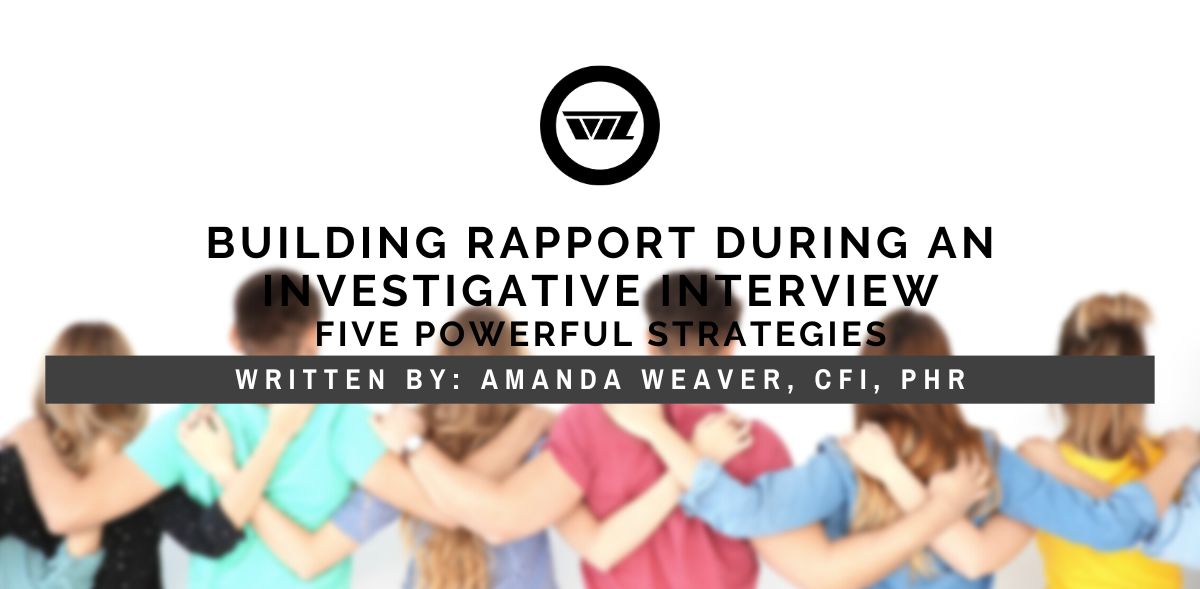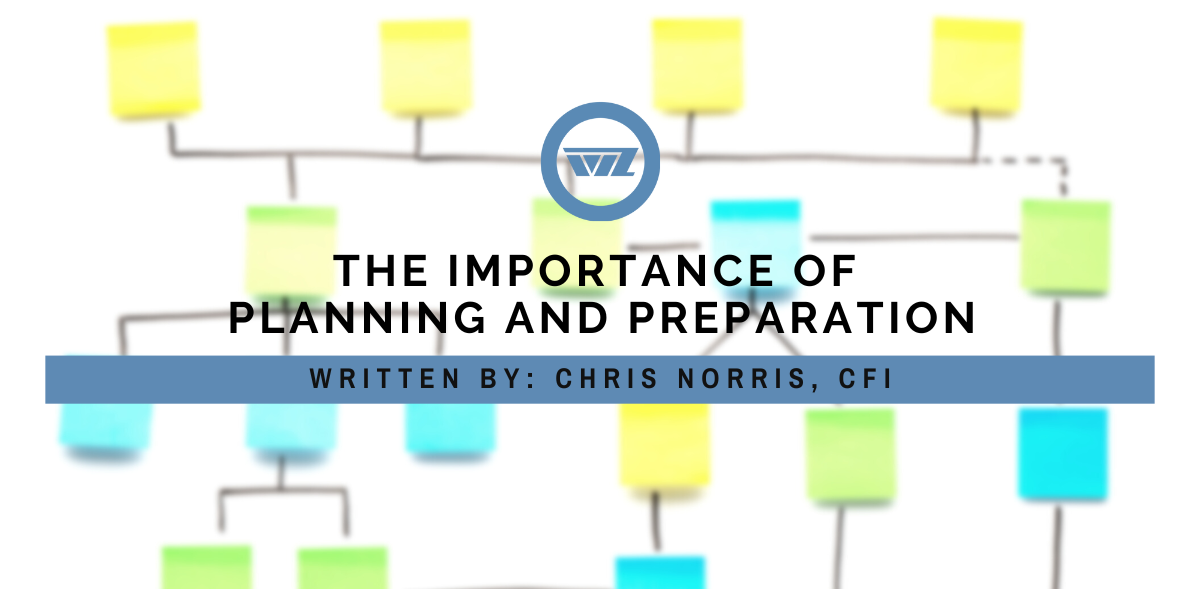The WZ Non-Confrontational Interview method has been a part of my career for over 28 years now, and I’m happy to say that I’ve been working for WZ for 19 years. Through the years much has changed for both myself and WZ. One of the biggest changes for WZ is the huge International reach we now provide with our training classes. Did you know WZ has operations in Latin America, UK and Europe?
The International division of WZ has provided interview training courses on six continents (the penguins are next!) and to delegates from over 140 countries! I personally have taught classes translated to French, Spanish, Portuguese, Polish, German, Mandarin and Arabic. Regardless of your travels, your organization’s global reach or simply the need to interview someone from another country, there is always one common thread to interviewing and teaching interview tactics around the world; the need to develop rapport.
When training Internationally, I always ask attendees, “What makes a good interviewer?” A variety of topics, traits, and characteristics often arise, but one response consistently comes forward no matter what country I’m in; the ability to build rapport. So, what is rapport? Rapport is creating a relationship in a very short period of time. How do you build rapport? Let’s take some lessons from my travels to help understand how to build rapport in a multi-national and multi-cultural environment.
Understand local culture
Understanding a bit about the culture of your subject will help you to understand the dos and don’ts of most interviews. Understanding simple characteristics like anticipated spacial proxemics, eye contact, posturing, potential fears, etc. will benefit your interview and your ability to develop rapport.
I remember my first trip to Kabul, Afghanistan. I was teaching a class of Afghan nationals working in an investigative capacity for the US Government. During the class I asked the group to shut their workbooks, as it was time for teacher to become student. I told them I wanted to talk about their culture and learn about them. We had a great discussion and it altered my training a bit, increasing our interaction and their understanding of the WZ method.
Learning everything you can about someone’s cultural norms and characteristics from on-line resources like the US Department of State can prove to be beneficial, but the best resource is simply talking to people. Getting information from someone raised in that culture can help you to prepare and be more effective in the interview room. Allow them to tell you some common characteristics to anticipate during the interview and even potential fears they may possess; which may be very different than your own.
Learn the language
Don’t get me wrong here, I’m not saying try to conduct an interview in another language you just learned from a “Russian for Dummies” book. I mean, make an effort to say simple phrases and greetings. I’ve always made a point to learn how to say ‘hello’, ‘thank you’, ‘good-bye’, etc. in the local language. This simple, effortless task has huge meaning and is a great way to begin an interaction.
I’ve often been asked the question, “Aren’t people in country X typically rude to Americans?” My reply, “I’ve never experienced that…” and I believe is based upon me starting any greeting with “Buenos dias / Guten-tag / Bonjour / Hi-ya”. I remember once in Koln, Germany I approached an older gentleman sitting in a chair in an open square. In German, I said, “Hi, I’m sorry but I don’t speak German well, do you speak English?” He answered in German and I repeated myself. This happened a couple times until he said in clear English with a big belly laugh, “I said, your German is so good, why must I speak to you in English!?” We laughed and he was quite helpful, and my effort to know a bit of his language helped with rapport in that interaction. In fact, he walked me to my destination and made sure the person I was looking for knew that I only spoke a bit of German.
Know a few colloquialisms
“Yes Eugene it’s a real word!” During a conversation with my brother-in-law (Eugene) I was talking about colloquial language and colloquialisms. His response was “Nice made up word bro!” He didn’t believe either word was real or that most people are able to pronounce them correctly. Colloquial expressions vary from region to region and are an important way people identify with each other. Funny, how he now fits “colloquial” into his conversations and will send me a text afterwards to let me know he used the word!
The use of normal language and understanding of local phrases and more informal speech helps to connect with your subject. If you are interviewing your subject in English, understand some local colloquial English phrases; even if English is a second language. Remember, as a point of rapport, we tend to like people like ourselves. When you are using some colloquial phrases or words you begin to build a bit of a bond and present yourself as being more like your subject.
I’ve learned that telling someone in Ireland that dinner was “grand” or replying with a “thanks a million” can go a long way. Even telling someone I was “knackered” while living in the UK showed I was willing to immerse myself into local customs. Listen carefully and think about mimicking your subject; not patronizing, just altering your presentation and word choices. Taking time to adjust your speech and use simple colloquial phrases will create a more natural communication platform with your subject.
Become more animated
The use of non-verbal communication from an interviewer’s perspective is often overlooked. Think about animating your communication with more illustrators and body posturing that is more engaging. Your use of animation can help overcome many language or communication barriers you may experience. Think about animating your voice as well, putting emphasis on good and bad points and expressing empathy through your tone. These points will add clarity to your message.
Once, on a trip to Egypt, I was trying to order dinner with someone who spoke very little English. By using simple words (not slowing my speech or talking louder) and becoming more animated I was able to describe to him what I wanted. The order was placed and it was one of the best shawarma wraps I’ve ever had…nice and spicy, just the way I like it!
Smile!
One of the most important non-verbal communication tactics you can apply to your interviews is a simple smile. Smile when you initially greet the person. Smile when you begin the interview and attempt to develop rapport. Heck, you might even smile when you ask those difficult questions. Smiling in most cultures creates a connection and reflects and openness on your part. Smiling can defuse confusion, resistance and agitation. I’ve been fortunate enough to smile in 70 different countries in my life. Trust me when I tell you, a smile goes a long way to creating a bond.
The reason these tactics work in terms of rapport-building is they help you share a bit more common bond; even though you might be from different cultures and parts of the world. You begin to develop a sense of who the individual is and you share common traits. By sharing common traits and interests, you tend to build rapport because you become much more like them than they realize. Giving someone an opportunity to discover a common interest with you helps you build that relationship in a very short period of time. It helps you build rapport.
Chris has over 30 years of experience in loss prevention and investigative fields, including living and working in the UK for nearly two years. He has trained thousands of human resource, audit, loss prevention, security, and law enforcement professionals on the art of interview and interrogation and has conducted numerous investigations for both private companies and public agencies.





